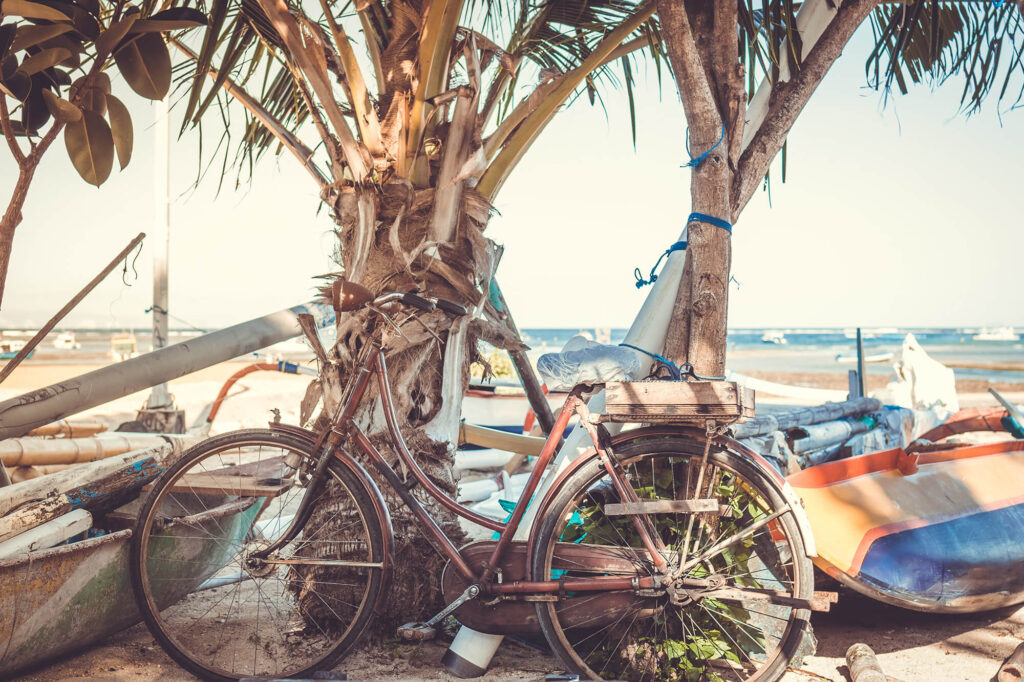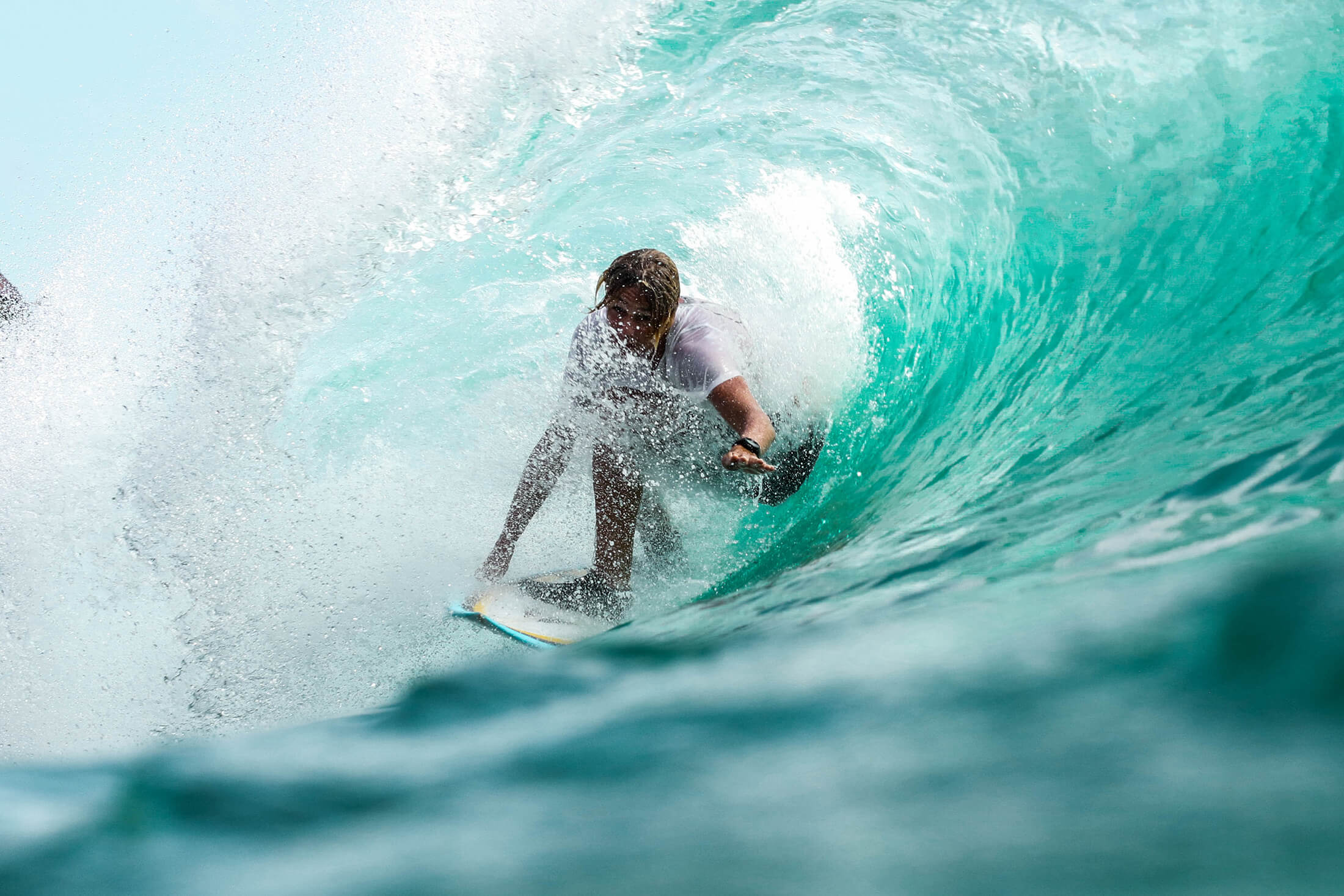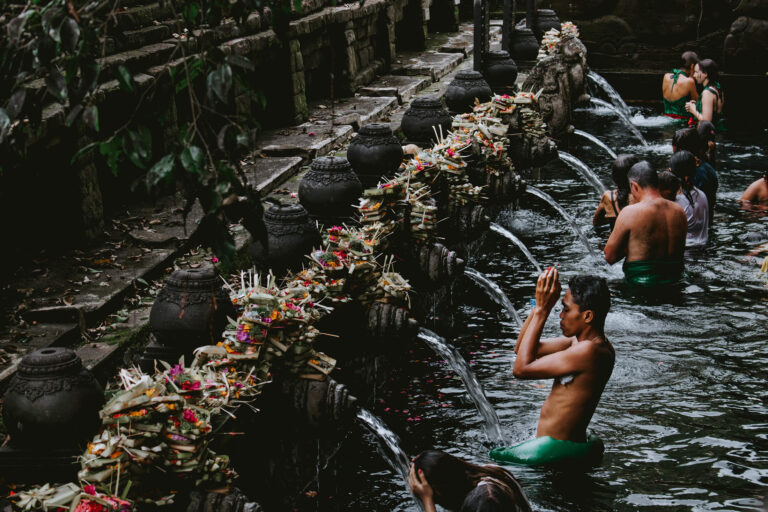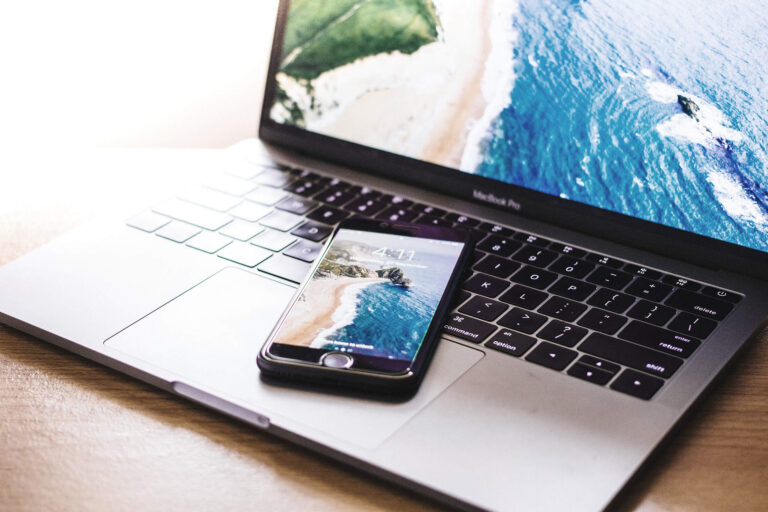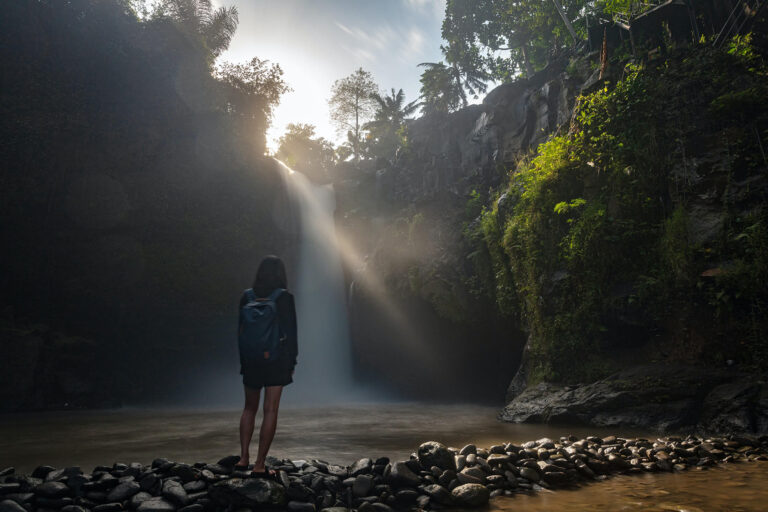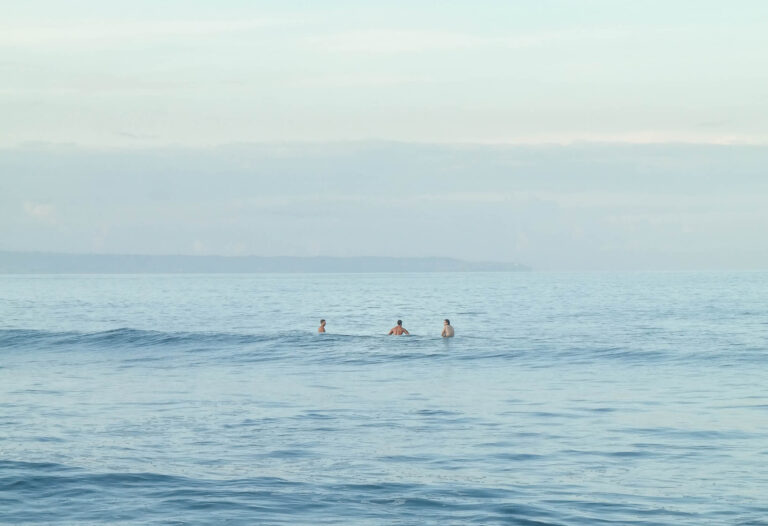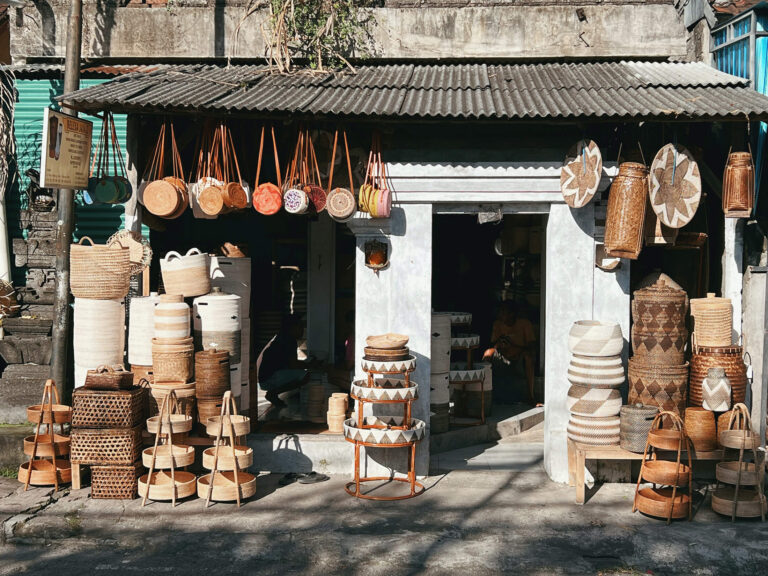Surfing for Beginners in Bali: Tips for Catching Your Dream First Wave (2023)
Surfing in Bali is a dream come true for many beginners. Bali’s warm waters, consistent waves, and stunning scenery make it a perfect destination for those who want to learn how to surf. With a wide range of surf schools and experienced instructors, Bali offers a safe and enjoyable environment, with some gorgeous beaches, for beginners to get started.
This guide to surfing for beginners in Bali will ease you in to life on top of the waves.
Bali’s surf breaks are suitable for surfers of all levels, but some spots are better for beginners than others. Kuta Beach, Legian Beach, Batu Bolong, and Seminyak Beach are some of the most popular beginner surf spots in Bali. These beaches offer gentle, rolling waves that are perfect for learning the basics of surfing.
Aside from the surfing itself, Bali offers a unique cultural experience that is hard to find anywhere else. The island’s rich history and vibrant culture provide a welcoming environment for visitors from all over the world. From the delicious local cuisine to the stunning temples and natural wonders, Bali has something for everyone.
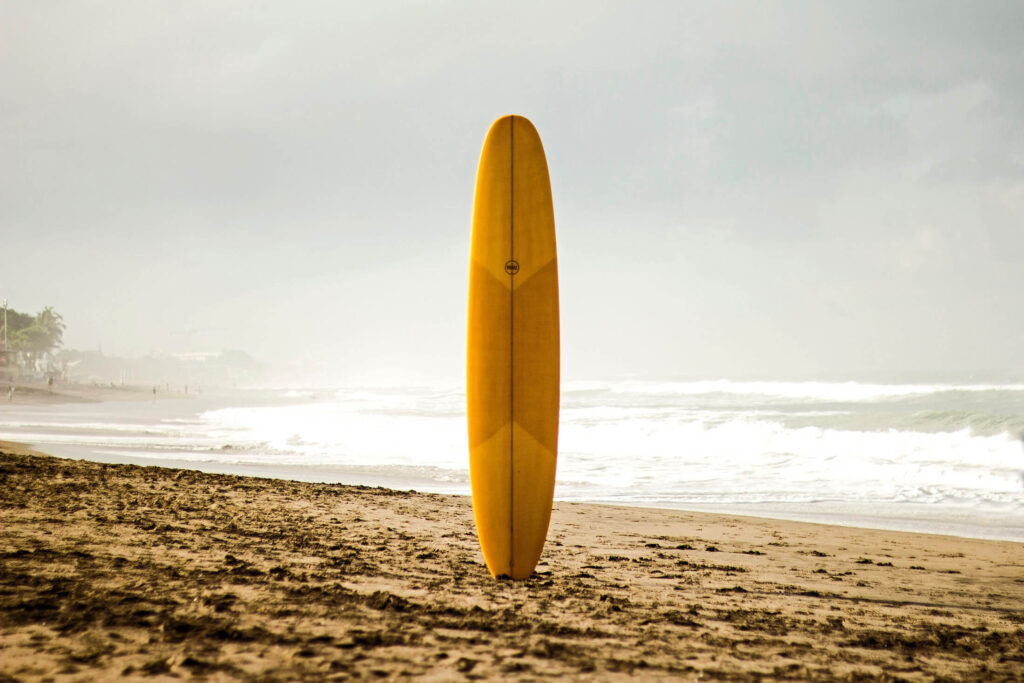
Choosing the Right Surf Spot
When it comes to surfing in Bali, choosing the right surf spot can make all the difference. Here are some tips to help beginners find the ideal location:
Understanding Bali’s Surf Breaks
Bali is known for its diverse surf breaks, which can be categorised into three main types:
- Reef Breaks: These are waves that break over a coral or rocky reef. They tend to be more powerful and challenging, and are generally not recommended for beginners.
- Beach Breaks: These are waves that break over a sandy bottom. They tend to be gentler and more forgiving, making them a better choice for beginners.
- Point Breaks: These are waves that break along a point of land or rock. They tend to be longer and more consistent, but can also be more challenging.
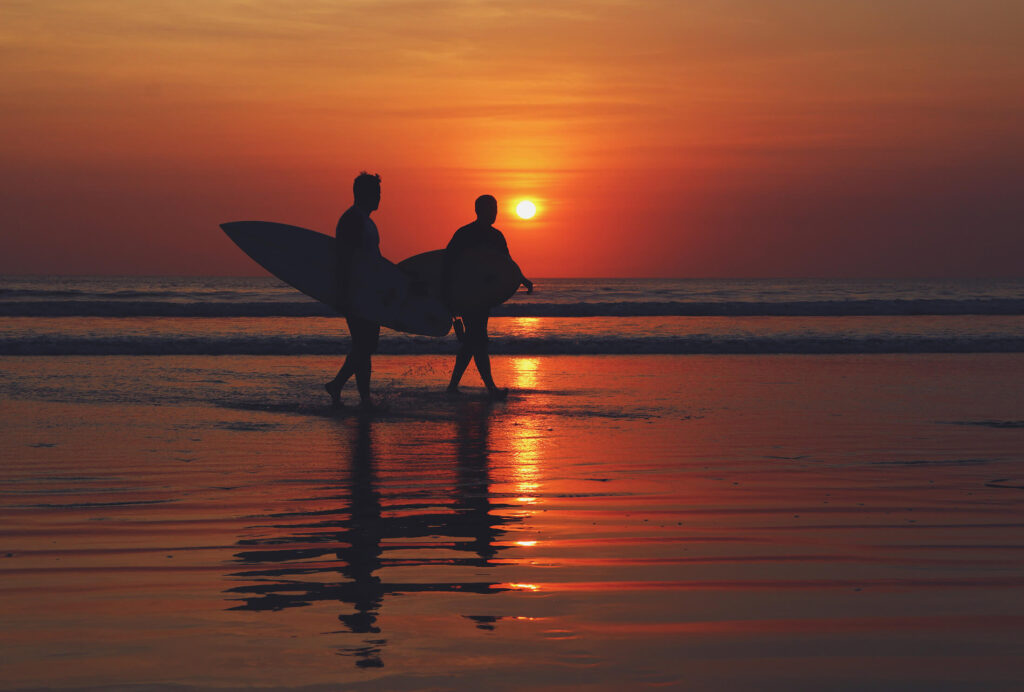
Best Surf Spots for Beginners
Here are some of the best surf spots in Bali for beginners:
| Surf Spot | Break Type | Difficulty Level |
| Kuta Beach | Beach Break | Beginner |
| Legian Beach | Beach Break | Beginner |
| Seminyak Beach | Beach Break | Beginner |
| Batu Bolong Beach | Beach Break | Beginner-Intermediate |
| Bingin Beach | Reef Break | Intermediate |
| Medewi Beach | Point Break | Intermediate-Advanced |
While these spots are generally considered to be beginner-friendly, it’s still important to exercise caution and be aware of your own skill level. Always check the conditions before heading out, and consider taking a lesson or hiring a local guide to help you navigate the waves.
For a more comprehensive list of surf breaks in Bali check out our 20 Best Bali Surf Breaks post.
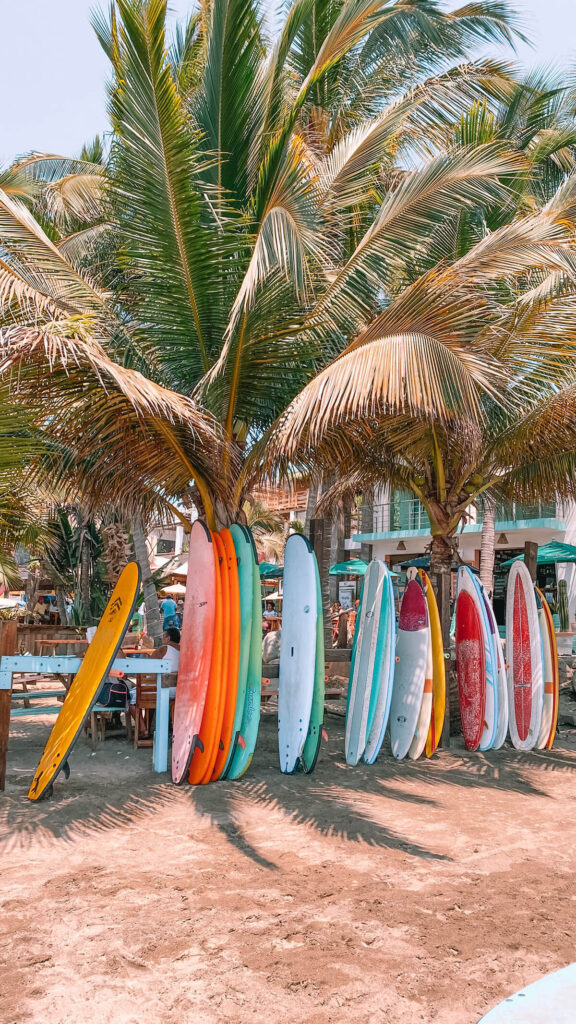
Essential Gear for Beginner Surfers
Before hitting the waves in Bali, beginner surfers should make sure they have the necessary gear to ensure a safe and enjoyable experience. Here are the three essential pieces of gear:
Surfboards
For beginners, it’s important to choose a surfboard that is large and stable. A longboard, typically around 8-10 feet in length, is a good option for those just starting out. Soft-top boards are also a popular choice for beginners as they are more forgiving and provide better traction. It’s important to rent or purchase a board that is appropriate for your skill level and weight.
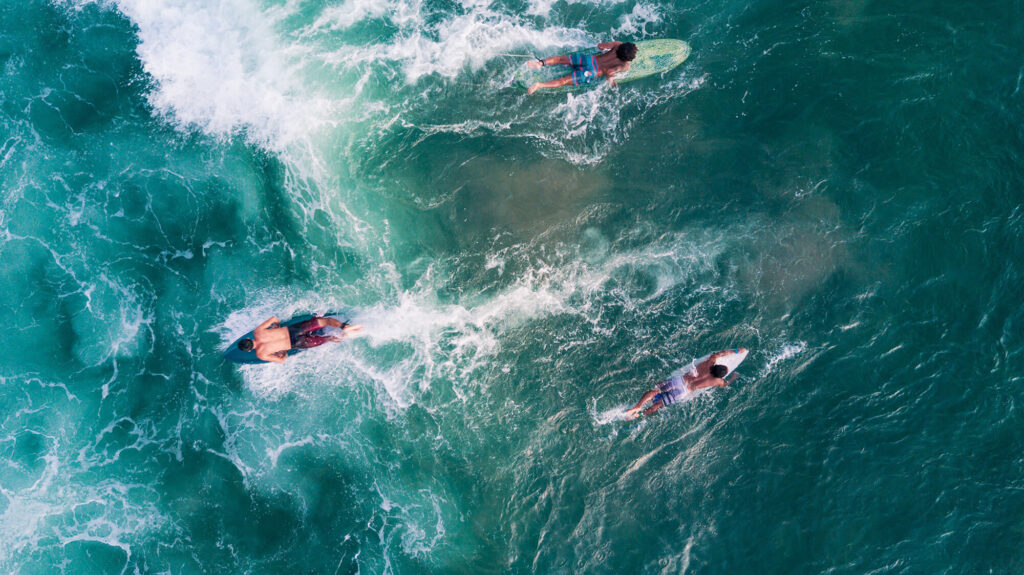
Leashes and Fins
Leashes and fins are also important pieces of gear for beginner surfers. A leash attaches to the surfboard and to the surfer’s ankle, ensuring that the board doesn’t get lost in the waves. Fins help with stability and manoeuvrability. For beginners, it’s recommended to use a leash and a set of fins designed for longboards.
Wetsuit or rash vest?
Bali’s warm waters may make it tempting to surf without a wetsuit, and you can get away without ever needing one. We do recommend a rash vest to protect against both the coarse surface and the unrelenting Balinese sun.
Beginner surfers will often get a rash in the area just below their chest (the solar-plexus) from paddling and putting pressure on that area which the body won’t be used to. A good quality rash vest will reduce the damage caused.
Most surf schools will provide them for their students included in the price. Although, being they tend to just dry them out in the sun and hand it onto the next punter means that the level of hygiene is questionable at best.
You can choose to wear a wetsuit for protection against the sun, coral, and jellyfish. Additionally, a wetsuit can provide extra buoyancy and warmth in the water. A 2-3mm thick wetsuit is suitable for Bali’s waters.
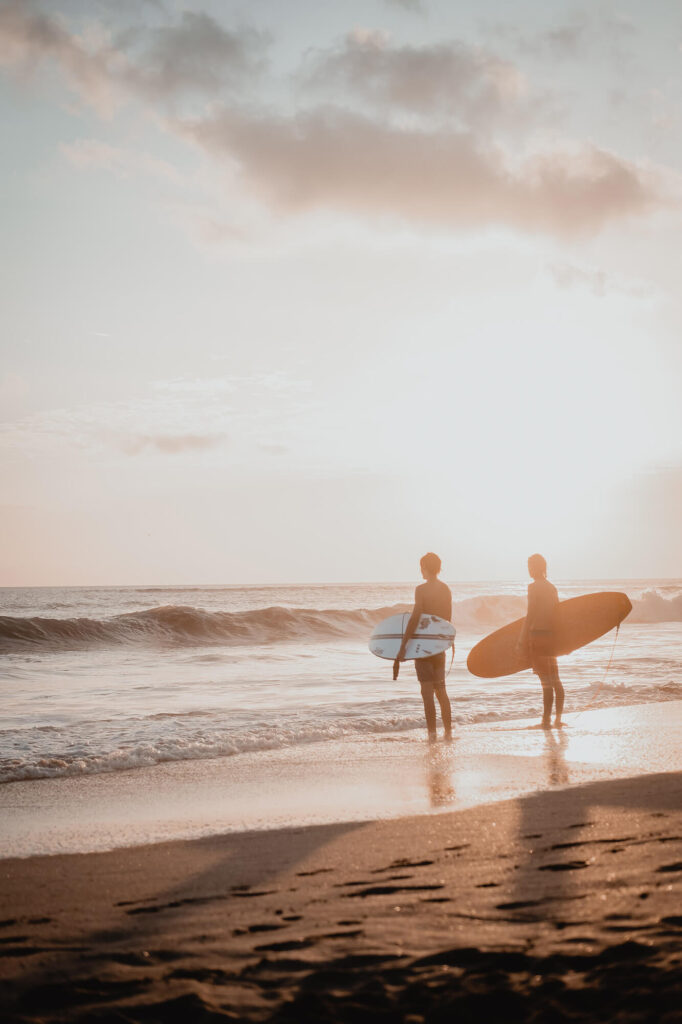
Safety Tips for Beginner Surfers
Before hitting the waves in Bali, beginner surfers should be aware of the potential dangers and follow some basic safety tips. Here are some important things to keep in mind:
Understanding the Ocean and Its Dangers
Beginner surfers should take the time to learn about the ocean and its dangers. Some of the most common hazards include:
- Rip currents
- Undertow
- Shallow reefs and rocks
- Marine life such as jellyfish and sea urchins
It’s important to understand how to identify these hazards and how to avoid them. Beginner surfers should also be aware of the weather conditions and the potential for sudden changes in the ocean’s behaviour.
When surfing at low tide or on a reef break a useful tip when you come off the board and go under water is to not kick. You learn pretty quickly when your foot strikes the reef how much this can hurt and put an end to your day in the water.
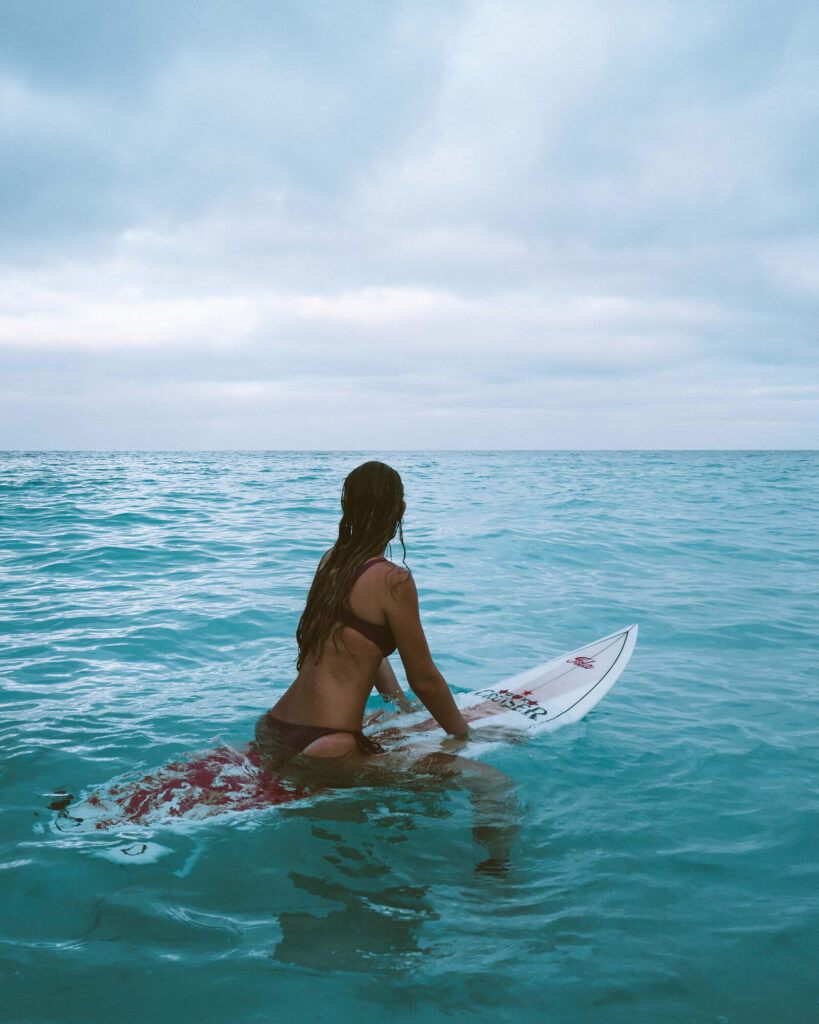
Surfing Etiquette
Beginner surfers should also be familiar with surfing etiquette, which includes:
- Respecting the locals and their surf spots
- Waiting your turn and not dropping in on someone else’s wave
- Communicating with other surfers to avoid collisions
- Not littering or polluting the ocean
Following these rules will help beginner surfers stay safe and avoid conflicts with other surfers.
What to Do in Case of Emergency
Despite taking precautions, accidents can still happen while surfing. Beginner surfers should know what to do in case of an emergency. Some basic tips include:
- Stay calm and conserve energy
- Signal for help by waving your arms or yelling
- Protect your head and neck
- Try to stay with your surfboard
It’s also a good idea to surf with a buddy and to let someone on shore know your plans for the day.
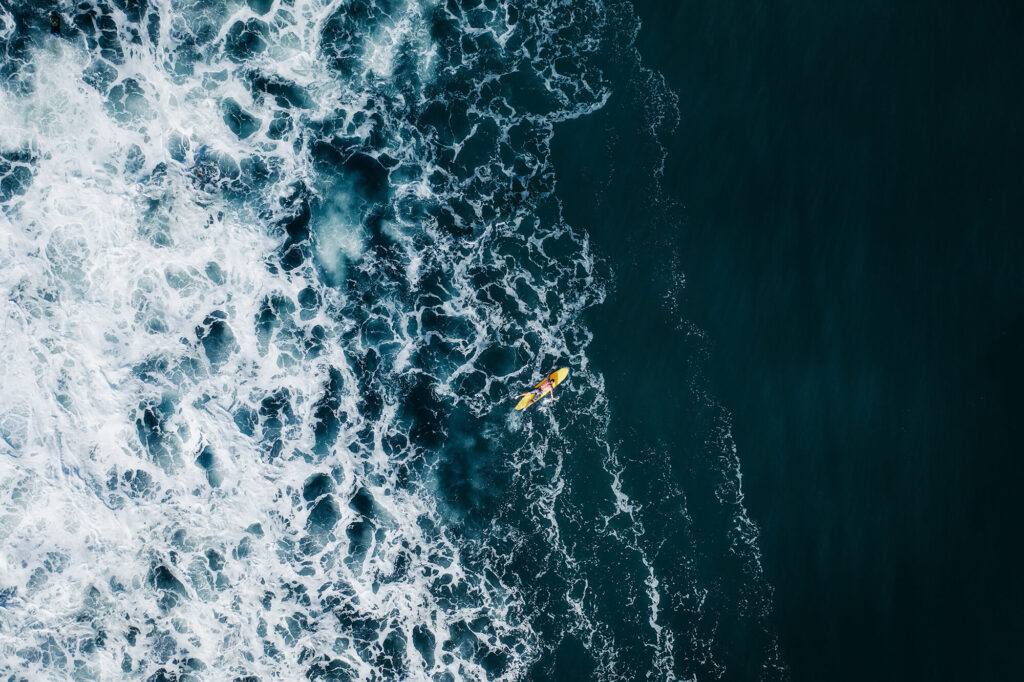
Learning to Surf in Bali
Taking Surf Lessons
Many beginners opt to take surf lessons when learning to surf in Bali. There are numerous surf schools and instructors to choose from, and most offer lessons for all skill levels. Taking lessons can be a great way to learn the basics, gain confidence, and get tips from experienced surfers. Some popular surf schools in Bali include Odysseys, Pro Surf School Bali, and Rip Curl School of Surf.
Surf Camps and Retreats
Surf camps and retreats can be a great way to immerse yourself in the surf culture and learn from experienced surfers. These programs often include accommodations, meals, and surf lessons or coaching. Many surf camps and retreats are located in prime surf spots like Canggu, Uluwatu, and Nusa Lembongan. Some popular options include Surf Goddess Retreats, Bali Surf Camp, and Rapture Surfcamp Bali.
Tips for Self-Teaching
While taking lessons or attending a surf camp can be helpful, some beginners prefer to teach themselves. If you choose to self-teach, it’s important to start with the basics and practice in safe conditions. Some tips for self-teaching include:
- Start with a longboard or foam board
- Practice paddling and popping up on the board on land first
- Choose a beginner-friendly surf spot with small waves and a sandy bottom
- Watch experienced surfers and observe their techniques
- Don’t be afraid to ask for tips or advice from other surfers
Remember, learning to surf takes time and practice. Don’t get discouraged if you don’t catch waves right away. With patience and persistence, you’ll be riding waves in no time. Note: Surfing can be a dangerous sport, especially for beginners. Always prioritise safety and never surf alone. If you’re unsure about conditions or your abilities, it’s best to sit out and wait for better conditions or seek advice from a more experienced surfer.
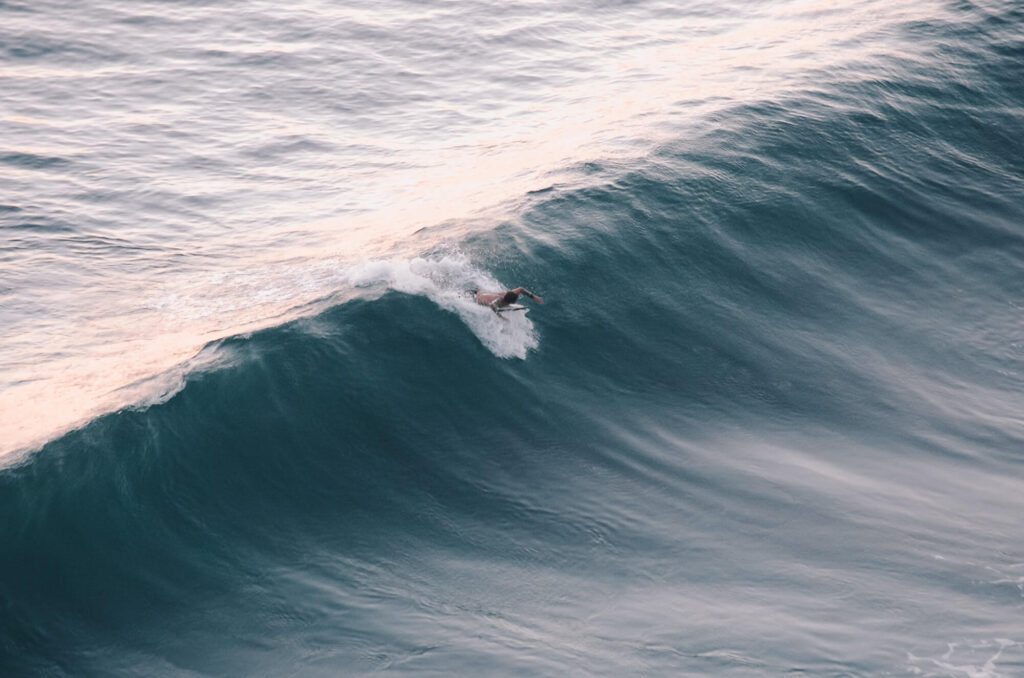
Surfing for Beginners in Bali Conclusion
Surfing in Bali is an incredible experience for beginners. With its warm waters, consistent waves, and beautiful beaches, Bali is a surfer’s paradise. Whether you are looking to catch your first wave or improve your skills, Bali has something for everyone.
It is important to remember that safety should always come first when surfing. Beginners should always take lessons from experienced instructors and be aware of the conditions before entering the water. Bali has many surf schools and instructors who can help beginners learn the basics and stay safe.
Overall, Bali is a fantastic destination for anyone who wants to learn how to surf. With its stunning scenery, warm weather, and friendly locals, it is no wonder why Bali is one of the top surfing destinations in the world. So grab your board and hit the waves, because the adventure of a lifetime awaits!
